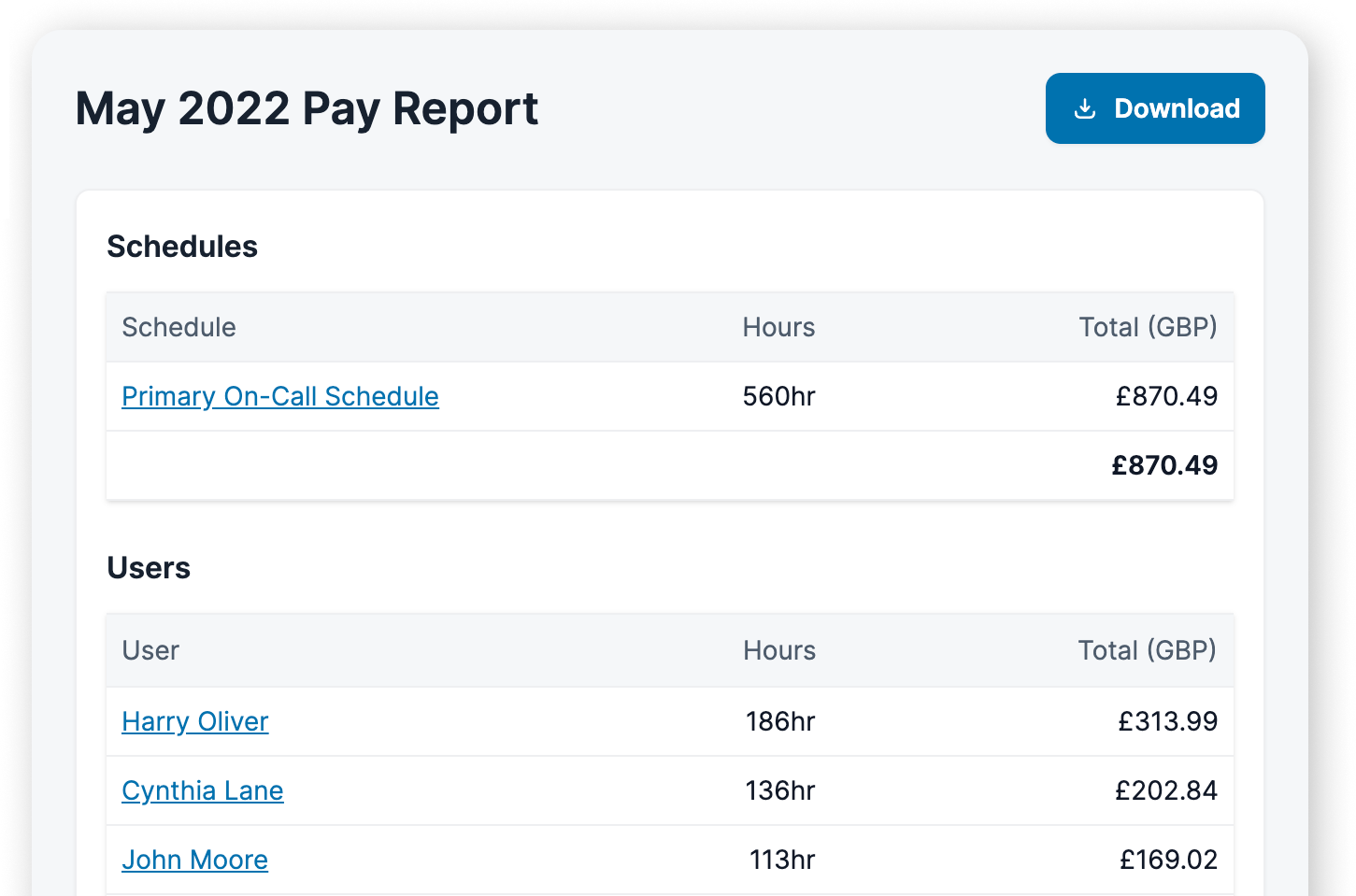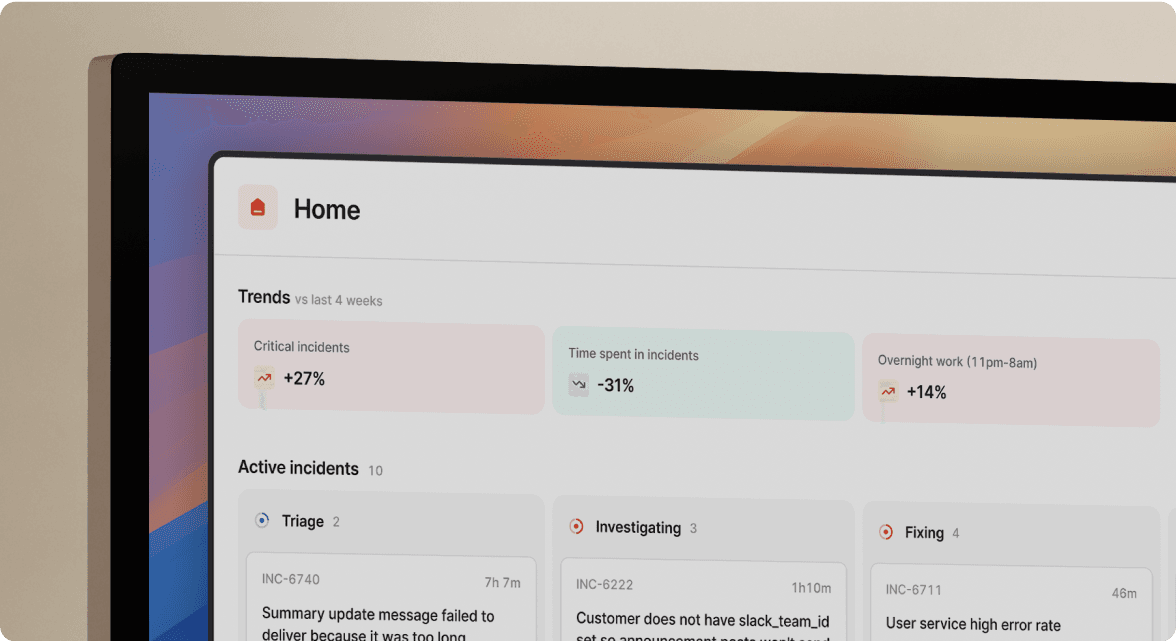Uncovering the mysteries of on-call

For the vast majority of organizations, some form of round-the-clock cover is critical to successful business operations. On-call is an essential part of an effective incident response process, yet there is no commonly accepted playbook on how to most effectively structure and compensate on-callers.
We ran a survey to uncover the mysteries of how on-call works in organizations of different shapes and sizes around the world.
You can download the full report below, or read on to get a few of the headlines.
TL;DR
We had over 200 responses, ranging from globally recognised tech leaders including Google, Amazon and Airbnb, to small start-ups with fewer than 50 employees. Here are the highlights:
In nearly 70% of organizations, each team is responsible for their own on-call rota, rather than having a single or multiple centralised on-call teams.
Over 40% of participants were not compensated for on-call. Interestingly, this was more common in larger organizations (+5,000 people) than in small to mid-sized organizations that participated in the survey.
Where companies did provide compensation, most paid a fixed amount for time spent on-call (e.g. $X per hour, day or week). But the actual dollar amount paid ranged significantly, from $5 to $1,000 per week, with the average weekly rate at $540.
The most commonly cited on-call challenges were:
- Disrupted personal life (30%)
- Dealing with issues without sufficient context or knowledge (24%)
- Lack of sleep (12%)
- False alerts (10%)
Need help calculating your on-call compensation?
Our report recommends paying a fixed rate for time spent on-call, calculated down to the minute, regardless of whether or not someone is paged. This helps compensate for the inconvenience and disruption of needing to be available 24/7. From bitter experience, we know that calculating time spent on-call accurately can be tricky, especially when you want to account for weekend rates, holidays and multiple schedules.
That’s why we’ve just launched an on-call compensation calculator. Just connect your PagerDuty account to incident.io, tell us the rules you use to calculate on-call pay and we’ll do the rest. Sign up and give it a try.

You’ll be able to automatically generate a report detailing how much on-call pay each member of the team is owed, based on the hours spent holding the pager. Your responders can also see a breakdown of what they’re being paid for each shift, making it super transparent for everyone.
Et voila - on-call compensation, made easy.
See related articles

Everything you need to know about ITIL 5, AI and incident management
We break down ITIL 5's governance framework and what it means for teams using AI in incident response. For incident management, it addresses questions like: Who's accountable when an AI-suggested remediation backfires? How do you audit AI-generated updates?
 Chris Evans
Chris Evans
DevEx matters for coding agents, too
When AI can scaffold out entire features in seconds and you have multiple agents all working in parallel on different tasks, a ninety-second feedback loop kills your flow state completely. We've recently invested in dramatically speeding up our developer feedback cycles, cutting some by 95% to address this. In this post we’ll share what that journey looked like, why we did it and what it taught us about building for the AI era.
 Rory Bain
Rory Bain
Stop choosing between fast incident response and secure access
incident.io’s new integration with Opal Security delivers automatic, time-bound production access for on-call engineers, eliminating slow approvals and permanent permissions.
 Brian Hanson
Brian HansonSo good, you’ll break things on purpose
Ready for modern incident management? Book a call with one of our experts today.

We’d love to talk to you about
- All-in-one incident management
- Our unmatched speed of deployment
- Why we’re loved by users and easily adopted
- How we work for the whole organization



